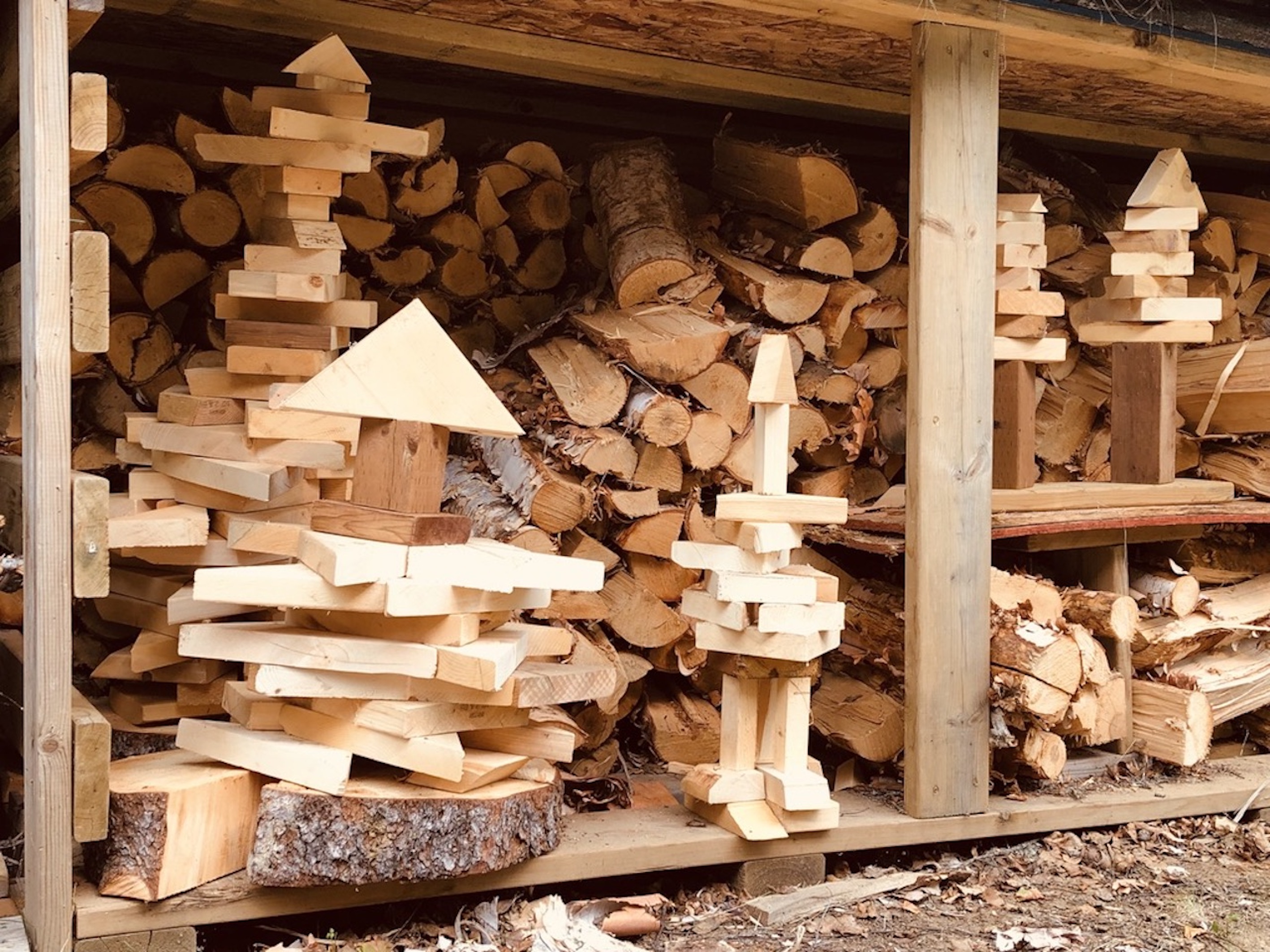Les mathématiques à l’école et miyō-pimōhtēwin
DOI :
https://doi.org/10.25071/1916-4467.40669Mots-clés :
enseignement des mathématiques aux autochtones, éducation des autochtones, mathématiques à l’école, recherche narrative, miyō-pimōhtēwinRésumé
Nous voulons que les mathématiques soient un processus de miyō-pimōhtēwin (marcher dans la bonne direction). S’appuyant sur une méthodologie d’enquête narrative, nous partageons nos expériences de travail aux côtés de deux enseignants cris de l'école primaire et des élèves dans leur classe de mathématiques.. Les enseignants ont dispensé des principes qui équilibrent kohtawān (notre bien-être spirituel) et font du programme scolaire un espace relationnel. Ces principes invitent à apprendre et à enseigner les mathématiques scolaires d'une manière qui met l'accent sur la conscience de soi, le fait de faire les choses correctement, d'apprendre de nouvelles façons, d'être reconnaissant, d'être humble, de laisser les problèmes derrière soi, de s'aider soi-même et de continuer à essayer. Cet article démontre également une pratique prometteuse d'autochtonisation dans la classe de mathématiques en fournissant une manière contextuelle dans laquelle les élèves cris et les enseignants sont engagés dans les mathématiques scolaires de manières relationnelles.
Références
Battiste, M. (2013). Decolonizing education: Nourishing the learning spirit. University of British Columbia Press.
Battiste, M., & Henderson, J. Y. (2009). Naturalizing Indigenous knowledge in Eurocentric education. Canadian Journal of Native Education, 32(1), 5-18.
Brake, J. (2019, February). Canada unveils Indigenous languages bill to fanfare, criticism. ATPN News. https://aptnnews.ca/2019/02/05/canada-unveils-indigenous-languages-bill-to-fanfare-criticism/
Bruner, J. S. (1966). Toward a theory of instruction. Harvard University Press.
Caine, V., Estefan, A., & Clandinin, D. J. (2013). A return to methodological commitment: Reflections on narrative inquiry. Scandinavian Journal of Educational Research, 57(6), 574-586. https://doi.org/10.1080/00313831.2013.798833 DOI: https://doi.org/10.1080/00313831.2013.798833
Clandinin, D. J., & Caine, V. (2013). Narrative Inquiry. In A. Trainor & E. Graue (Eds.), Reviewing qualitative research in the social sciences (pp. 166-179). Routledge.
Clandinin, D. J., & Connelly, F. M. (2000). Narrative inquiry: Experience and story in qualitative research. Jossey-Bass.
Clandinin, D. J., & Murphy, M. S. (2009). Relational ontological commitments in narrative research. Educational Researcher, 38(8), 598-602. https://doi.org/10.3102/0013189X09353940 DOI: https://doi.org/10.3102/0013189X09353940
Clandinin, D. J., & Rosiek, J. (2007). Mapping a landscape of narrative inquiry: Borderland spaces and tensions. In D. J. Clandinin (Ed.), Handbook of narrative inquiry: Mapping a methodology (pp. 35-75). Sage. DOI: https://doi.org/10.4135/9781452226552.n2
Deer, F. (2013). Integrating Aboriginal perspectives in education: Perceptions of pre-service teachers. Canadian Journal of Education, 36(2), 175-211.
Dewey, J. (1997). Experience and education. Touchstone. (Original work published 1938)
Gaudry, A., & Lorenz, D. (2018). Indigenization as inclusion, reconciliation, and decolonization: Navigating the different visions for indigenizing the Canadian academy. AlterNative: An International Journal of Indigenous Peoples, 14(13), 218-227. https://doi.org/10.1177/1177180118785382 DOI: https://doi.org/10.1177/1177180118785382
Hiebert, J., Carpenter, T. P., Fennema, E., Fuson, K. C., Wearne, D., Murray, H., Olivier, A., & Human, P. (1997). Making sense: Teaching and learning mathematics with understanding. Heinemann.
Korteweg, L., & Russell, C. (2012). Decolonizing + Indigenizing = Moving environmental education towards reconciliation. Canadian Journal of Environmental Education, 17, 5-14. https://cjee.lakeheadu.ca/article/view/1226/642
Kovach, M. E. (2010a). Indigenous methodologies: Characteristics, conversations, and contexts. University of Toronto Press.
Kovach, M. (2010b). Conversational method in Indigenous research. First Peoples Child & Family Review, 5(1), 40-48. https://fpcfr.com/index.php/FPCFR/article/view/172/141 DOI: https://doi.org/10.7202/1069060ar
Kuokkanen, R. (2007). Reshaping the university: Responsibility, Indigenous epistemes, and the logic of the gift. University of British Columbia Press.
Mitchell, H. (2005). Nehithawak of Reindeer Lake, Canada: Worldview, epistemology and relationships with the natural world. Australian Journal of Indigenous Education, 34, 33-43. https://doi.org/10.1017/S132601110000394X DOI: https://doi.org/10.1017/S132601110000394X
Saskatchewan Ministry of Education, Curriculum E-Learning, Science Technology Unit. (2009). Mathematics 6 [Curriculum guide]. Saskatchewan Ministry of Education. https://curriculum.nesd.ca/Curriculum%20Documents/Math%206%20CD.pdf
Stavrou, S. G., & Miller, D. (2017). Miscalculations: Decolonizing and anti-oppressive discourses in indigenous mathematics education. Canadian Journal of Education, 40(3), 92-122. https://journals.sfu.ca/cje/index.php/cje-rce/article/view/2382
Truth and Reconciliation Commission. (2015). Honouring the truth, reconciling for the future: Summary of the final report of the Truth and Reconciliation Commission of Canada. Library and Archives Canada. http://www.trc.ca/assets/pdf/Honouring_the_Truth_Reconciling_for_the_Future_July_23_2015.pdf
Wildcat, D. R. (2001). Prelude to a dialogue. In V. Deloria & D. R. Wildcat (Eds.), Power and place: Indian education in America (pp. vii). Fulcrum Resources.
Téléchargements
Publié-e
Comment citer
Numéro
Rubrique
Licence
© Stavros Georgios Stavrou 2021 
Copyright for work published in JCACS belongs to the authors. All work is licensed under a Creative Commons Attribution-ShareAlike 4.0 International license.


